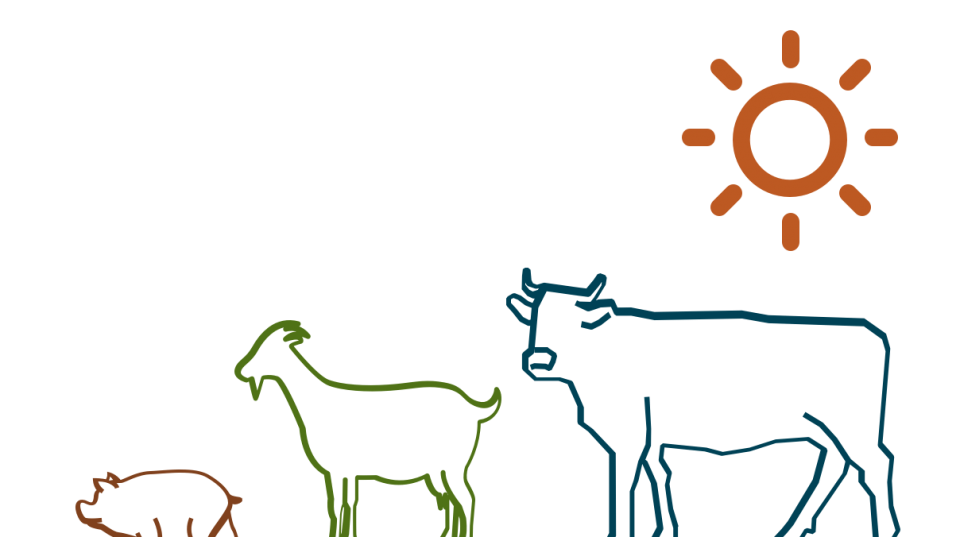Overview
Livestock production is the predominant industry in the Tibet Autonomous Region (TAR) of China, with in excess of 20 million animals (yaks, cattle, horses, sheep and goats) raised under various production systems. ACIAR-supported mineral survey work over the last 5 years in TAR has shown that Tibetan yaks, dairy cows and sheep are at risk from a number of mineral deficiencies - including the macro-minerals phosphorus, sodium and calcium, and the trace elements copper, selenium and iodine. These mineral deficiencies can result in severe production losses (up to 30% of meat, milk, wool, fibre, reproduction) as well as poor health and increased mortalities.
This ACIAR project, with co-investment provided by AusAID and TAR, represented a concerted effort to improve animal production through ameliorating these deficiencies. There were flow-on benefits to the consumers, notably a reduction in disorders arising from mineral deficiencies in the human food chain.



